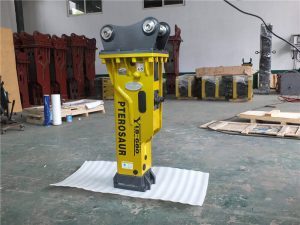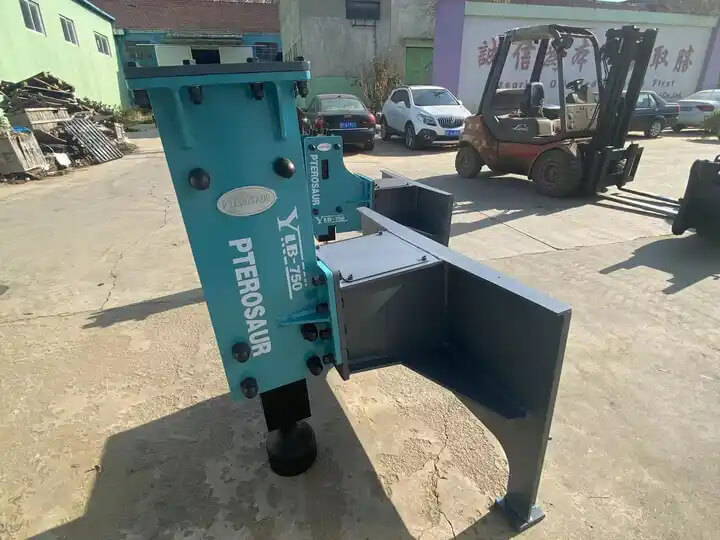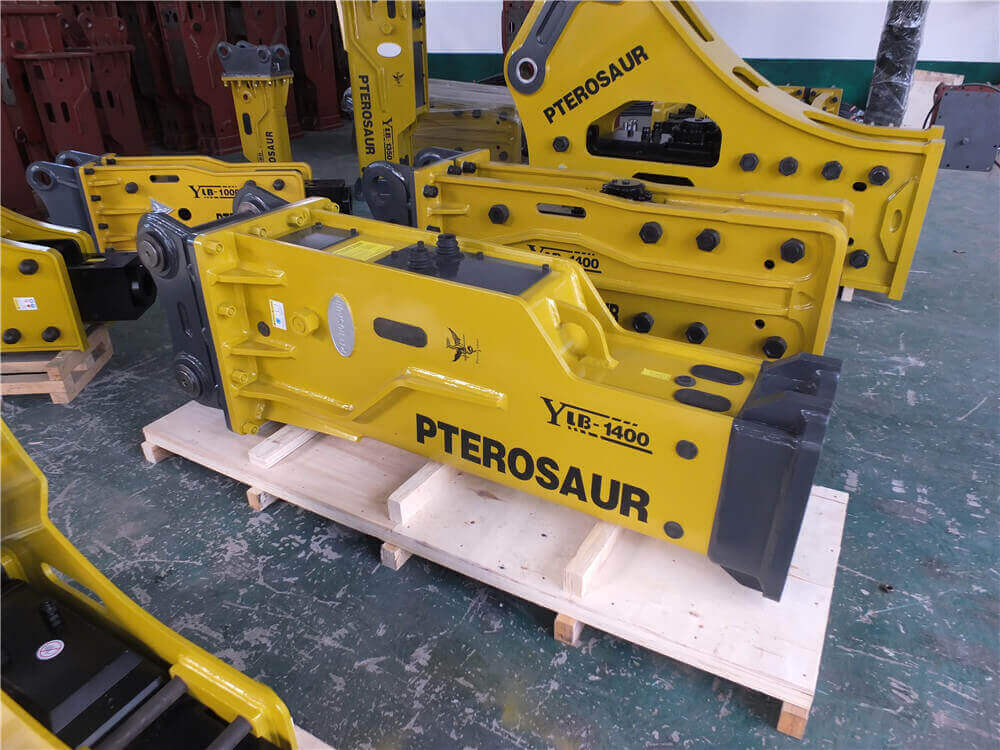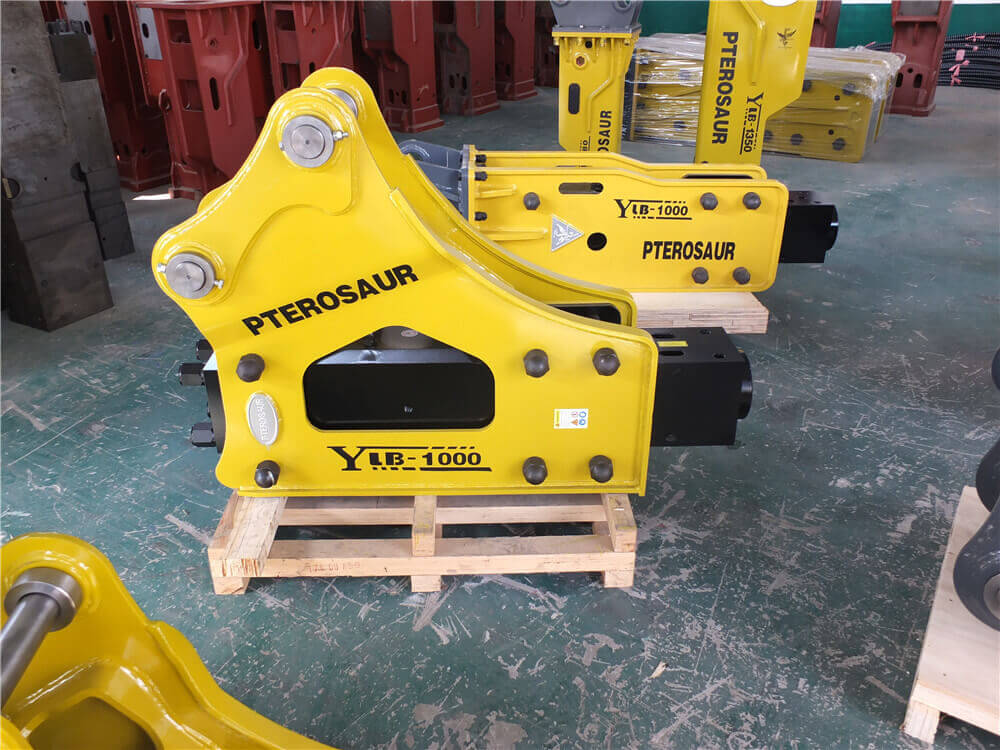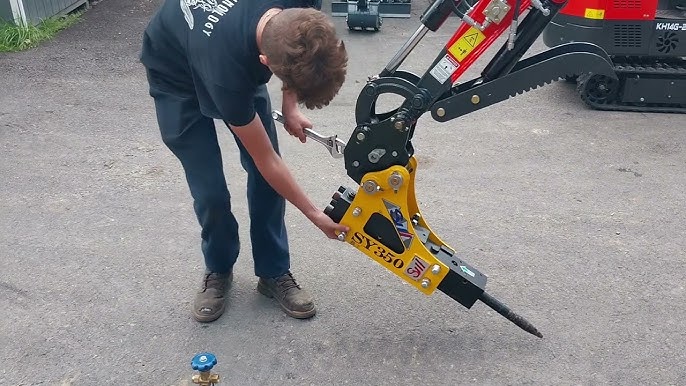Understanding Circuit Breakers: A Comprehensive Guide
Introduction to Circuit Breakers
Circuit breakers, often referred to simply as “breakers,” are essential safety devices in modern electrical systems. They play a crucial role in protecting both residential and industrial electrical circuits from damage caused by overloads or short circuits. Since their inception, particularly in industrial settings like those in Sonora, Mexico, where companies such as BreakerMex have been supplying electrical materials since 1994, the importance of understanding how breakers work has become increasingly vital.
What is a Circuit Breaker?
A circuit breaker is an automatic switch designed to interrupt the flow of electricity in a circuit when it detects an overload or short circuit. This interruption prevents potential hazards such as electrical fires, equipment damage, and personal injury. Breakers can be found in various forms, including thermal, magnetic, and hydraulic types, each serving specific purposes and applications.
How Do Circuit Breakers Work?
Circuit breakers function using either electromagnetic or thermal mechanisms. When a circuit experiences an overload, the breaker automatically trips, cutting off the electricity supply. The active components of a breaker typically include a spring mechanism or an electromagnetic coil that gets activated under specific current conditions.
-
Electromagnetic Breakers: These work by utilizing an electromagnet that pulls a lever to disconnect the circuit when a current exceeds a predetermined threshold.
-
Thermal Breakers: These breakers rely on a bimetallic strip that bends due to heat generated from an overload, ultimately tripping the switch.
Types of Circuit Breakers
Choosing the right type of circuit breaker is crucial for ensuring safety and compatibility with your electrical system. Common types include:
- Standard Breakers: Suitable for general household use.
- Ground Fault Circuit Interrupters (GFCI): Protect against ground faults, particularly in wet areas like kitchens and bathrooms.
- Arc Fault Circuit Interrupters (AFCI): Designed to prevent electrical fires by detecting arc faults.
- Two-Pole Breakers: Used for 240V circuits, often for larger appliances.
- 20A Breakers: A common choice for circuits that power devices requiring moderate current levels.
Choosing the Right Breaker for Your Needs
Determining the appropriate circuit breaker for your project involves several factors, including:
-
Amperage Requirements: Understanding the amperage needs of your electrical devices is foundational. The National Electrical Code provides guidelines for selecting breakers based on load calculations.
-
Type of Installation: Different environments (residential, commercial, or industrial) may require specific types of breakers to address unique challenges.
-
Safety Standards: Always ensure that the selected breaker complies with local and national safety standards.
Installing and Maintaining Circuit Breakers
Proper installation and regular maintenance of circuit breakers are essential for ensuring their reliability and effectiveness. Here’s a straightforward guide to changing a breaker step by step:
- Turn off Power: Always ensure that the main power supply is turned off before starting any electrical work.
- Remove the Old Breaker: Carefully detach the existing breaker from the panel.
- Install the New Breaker: Connect the new breaker securely in place, ensuring all connections are tight and correctly configured.
- Test the Breaker: After installation, restore power and test the breaker to ensure it functions properly.
Conclusion
Understanding circuit breakers is essential for anyone involved in electrical work, whether in a commercial setting or at home. With the right knowledge, you can ensure safety and efficiency in your electrical systems. Companies like BreakerMex and Braker Corporation exemplify the importance of high-quality electrical supplies and installations, helping to meet the demands of various projects across different states. Always prioritize safety and consult professionals when in doubt about your electrical needs.
Additional Resources
For further information on circuit breakers, their types, and installation guides, visit reputable electrical supply websites or consult with certified electricians to ensure compliance with safety standards and best practices.

